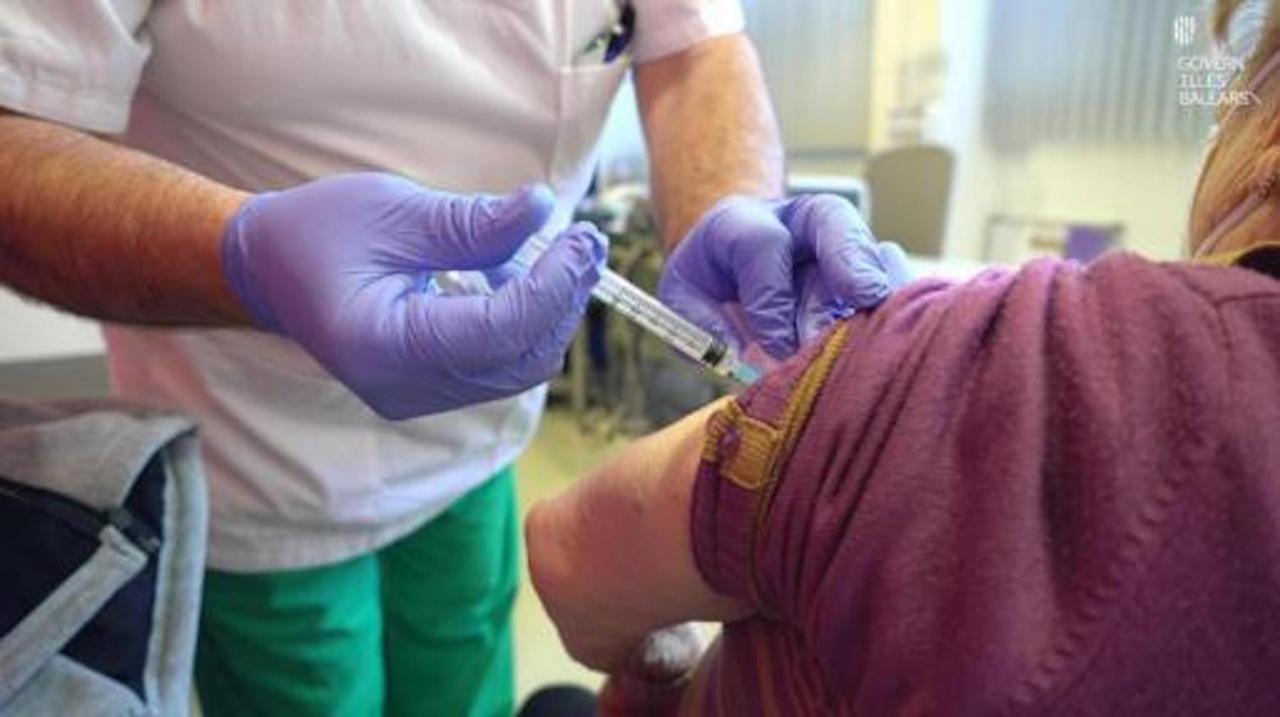Last week there was yet another u-turn on the use of the AstraZeneca coronavirus vaccine in Spain, which will no longer be given to anyone under 60 years old and only administered to those aged 60-69.
Experts have come up with three options for the 2.4 million people nationwide who’ve already had their first dose of AstraZeneca, including 56,000 people in the Balearics Islands:
1. Give people a second dose of AstraZeneca
2. Give people who've had a first dose of AstraZenecca a different second vaccine
3. Don’t give those who've had AstraZeneca a second dose because one jab of guarantees 70% immunity.
It has to be said that the constant flip-flopping over who should be given the AstraZeneca vaccine has generated a lot of concern amongst those waiting for their second jab, but Preventive Medicine and Public Health Specialist, Joan Carles March insists there’s nothing to fear.
“The safety of the Pfizer, AstraZeneca and Moderna vaccines is the same,” he said. “The impact of not vaccinating is much greater than that of administering the vaccine and it translates into deaths, hospitalisations and sequelae.”
March is committed to giving a second dose of AstraZeneca to those who've had their first injection. He also says those under 30 should have the option of having a second dose of AstraZeneca, or waiting for the study results of combining vaccines.
"Most people who've had blood clot problems had them between 5 and 15 days after the first jab,” says March.
Dosage
Some countries have already decided to immunise people with a different second vaccine. From Monday, French people over 55 will be given a Pfizer jab instead of a second AstraZeneca, but March says that’s risky.
“A clinical trial combining AstraZeneca and Pfizer is underway, but it has not been completed,” he explains.
The Ministry of Health will decide within the next few days which second vaccine should be given to Teachers, State Security Forces and those aged 45-65 years old.
"The first dose already offers high immunity," stresses March, “but until there are results, giving a second dose of a different vaccine is an experiment."


No comments
To be able to write a comment, you have to be registered and logged in
Currently there are no comments.